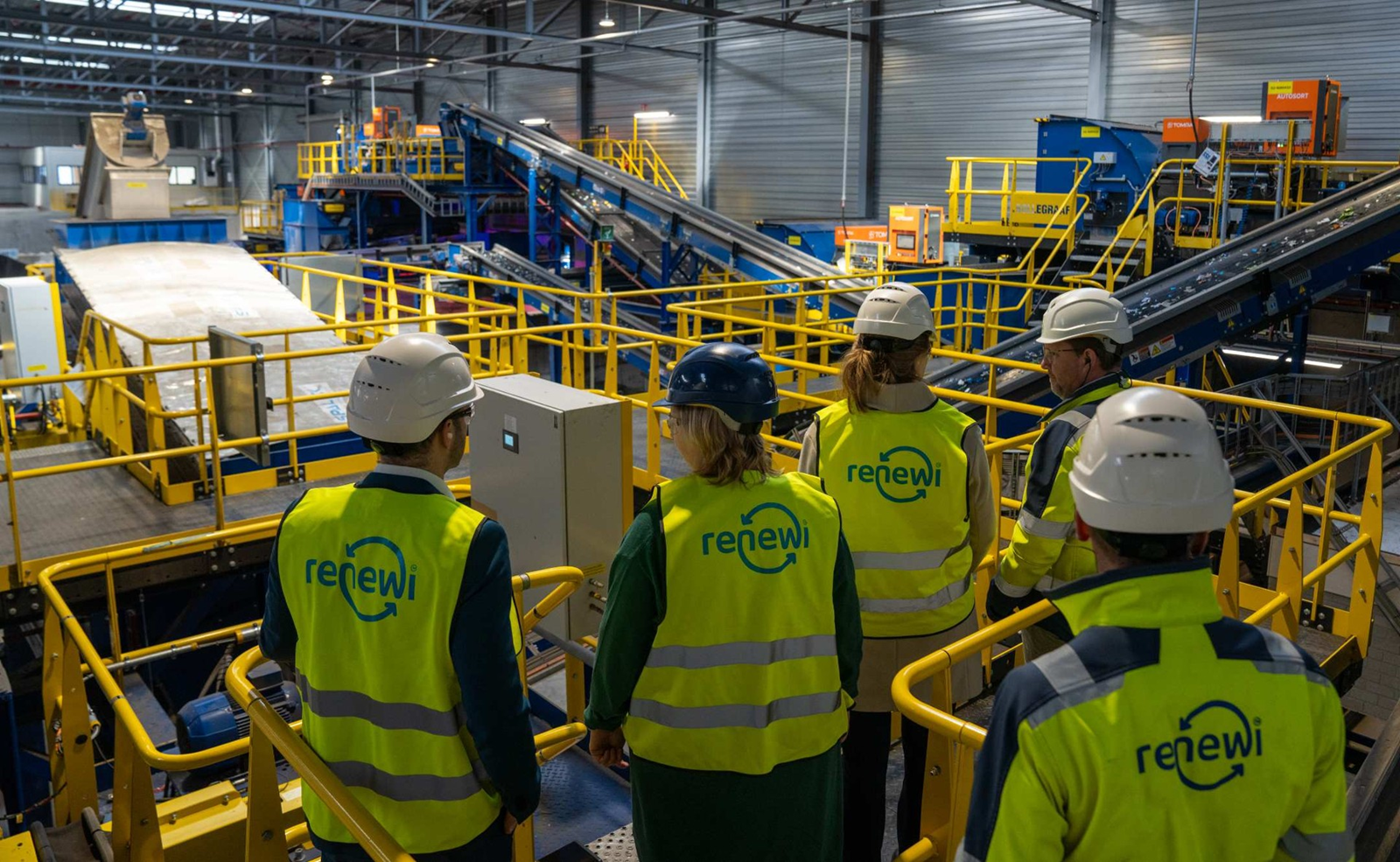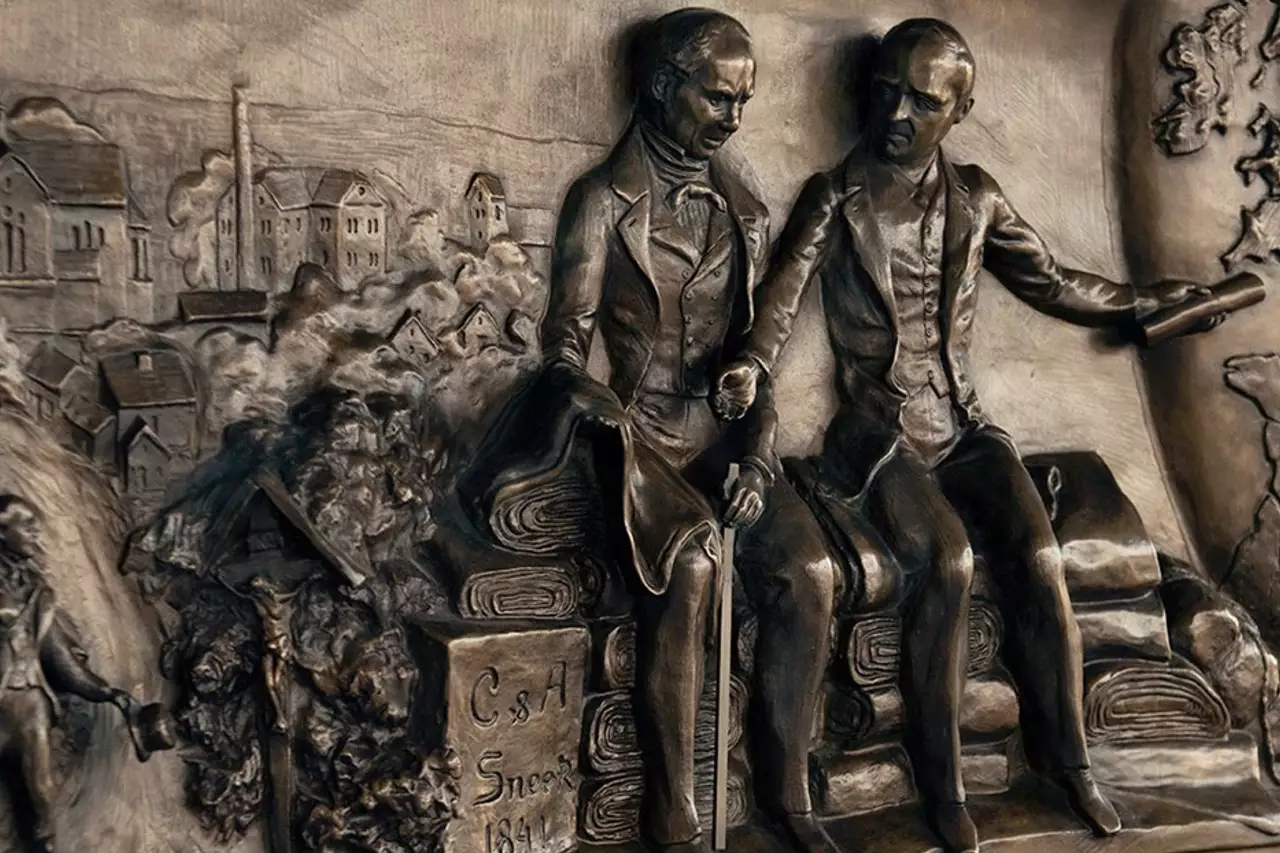The Road to CHRO/CPO: Career stories of People Leaders

Kirsten Yperman is the Chief Human Resources Officer at Renewi plc, a leading waste-to-product company committed to sustainability and circular economy solutions. She stepped into the CHRO role in April 2024, after initially joining Renewi in 2022 as HR Director for Belgium.
Having completed a Bachelor’s in Marketing, Kirsten started her career in Sales. After just 1 year she pivoted and set out on her path in HR. A career that now spans over two decades and includes several senior roles at Stanley Black & Decker, where she was instrumental in driving talent development, organizational change, and cross-border HR strategies.
Her strong background in international HR policy and talent management forms a valuable contribution to Renewi’s success. Known for her collaborative approach and passion for employee engagement, Kirsten plays a key role in shaping an inclusive and performance-driven culture.
Did you always know you wanted to lead?
I didn’t set out with the goal of leading a team. What I did know early on was that I wanted to have an impact. I was driven by the ambition to be part of strategic decision-making and to influence the direction of the business.
As I progressed, I realised that leadership is often a natural consequence of wanting to shape strategy, it comes with the territory.
“HR is no longer just about policies and processes; it’s about being the translator between business needs and people.”
How did you prepare for the CHRO role?
I stepped into the CHRO role when the opportunity presented itself—perhaps even earlier than I had anticipated. There wasn’t a long preparation period, but I leaned on my broad HR experience and deep understanding of the business. I had worked in both business partnering and CoE environments, which gave me a well-rounded view. More importantly, I’ve always seen myself as a business person first, not just an HR professional. That mindset helped me align HR strategy with business needs from day one.

What surprised you most about being a CHRO?
I was surprised by how isolating the role can be. Even in a flat, informal organisation like Renewi, the CHRO is often involved in highly sensitive matters that can’t be shared with others. You’re sometimes the only person aware of certain developments, especially at board level. That’s why having an external network of mentors, peers, or coaches is so important. They provide a safe space for reflection and support.
Who supported you along the way?
My private environment has been essential. Having a supportive partner and family makes it possible to manage the demands of a senior role. Professionally, I’ve been fortunate to have mentors, more senior CHROs, who acted as sounding boards and mirrors. Their guidance helped me navigate challenges and stay grounded.
How do you know you’re making an impact?
For me, impact is about aligning HR KPIs with business objectives. Whether the company is growing, downsizing, or transforming, I look at whether our HR metrics support those goals. If the business is moving in the right direction and HR has played a role in that, then I know we’ve made a difference. It’s a very data-driven approach, but one that ensures HR is truly contributing to business success.

What skills do future CHROs need?
First and foremost, they need to understand the business. That’s non-negotiable. But beyond that, they must be able to connect the dots between people, capabilities, technology, and strategy. HR is no longer just about policies and processes; it’s about being the translator between business needs and people. That requires a broad perspective, strong listening skills, and the ability to see beyond your own function.
What’s your no-nonsense advice?
Stay close to the business. Don’t define HR in isolation, define it in the context of your organisation’s journey. Be the person who helps the business take the next step, not just the one who delivers a polished HR plan. And never lose the human connection. No matter how much technology evolves, people will always be at the heart of every organisation.
Final thoughts?
Be authentic. Know your strengths and your gaps. Surround yourself with people who complement you. And don’t be afraid to learn from every experience, even the difficult ones. There’s no single path to leadership. Trust your journey.
“No matter how much technology evolves, people will always be at the heart of every organisation.”
Interview by Joan Beets
 Joan Beets, in her global corporate career that spanned 15 years, worked across industries (Oil&Gas, Staffing, Food Ingredients) and functions (HRBP, Talent, Change Management and HR Strategy) for large multi-national organizations. Joan have opened and closed offices in Asia and Europe, led the development of a contingent workforce framework to support multi-year Engineering projects, drove the HR aspects of a business transformation of a Global IT organization, developed and implemented a Global Mobility strategy and led the change management process of the transfer of on-site HR services to a shared service model in Europe and North America (incl. roll out of a new SuccessFactors platform).
Joan Beets, in her global corporate career that spanned 15 years, worked across industries (Oil&Gas, Staffing, Food Ingredients) and functions (HRBP, Talent, Change Management and HR Strategy) for large multi-national organizations. Joan have opened and closed offices in Asia and Europe, led the development of a contingent workforce framework to support multi-year Engineering projects, drove the HR aspects of a business transformation of a Global IT organization, developed and implemented a Global Mobility strategy and led the change management process of the transfer of on-site HR services to a shared service model in Europe and North America (incl. roll out of a new SuccessFactors platform).



